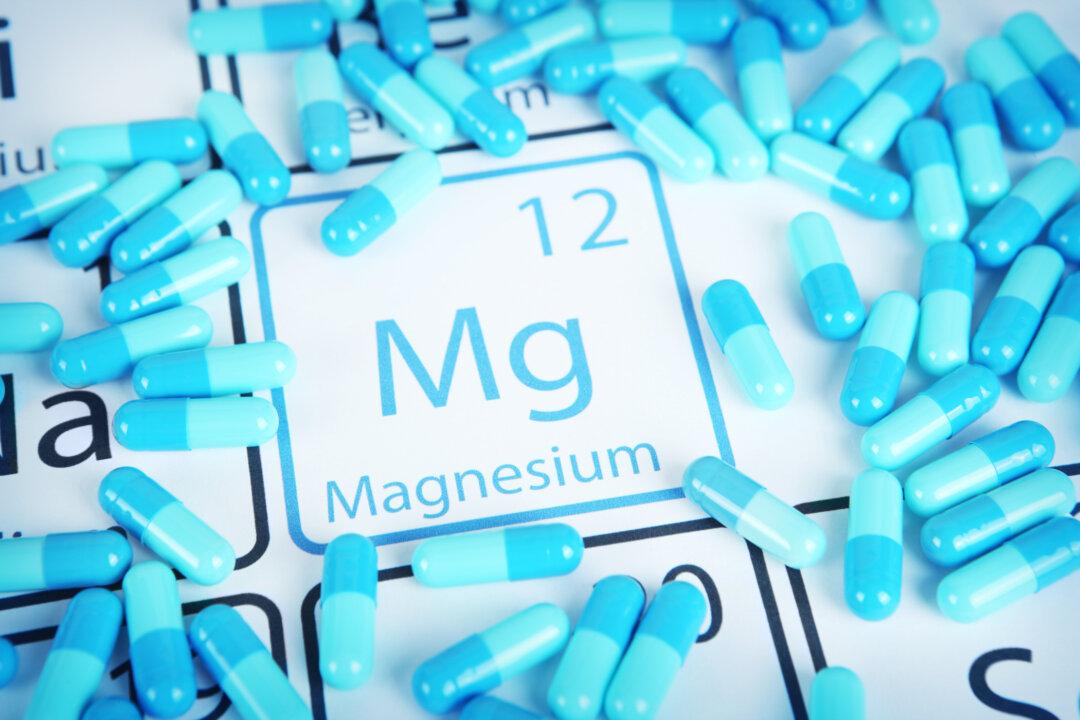Nearly half of Western people don’t get enough of this nutrient that’s crucial to brain and cardiovascular health, muscle and nerve function, detoxification, mitochondrial function and activation of other nutrients. Even subclinical deficiencies can be deadly, so don’t take a chance.
[embed]https://www.bitchute.com/video/WsBIe5vEcdV3/[/embed]
STORY AT-A-GLANCE
- Magnesium is required for the functioning of more than 300 enzyme systems driving a diverse array of biological reactions in your body
- Magnesium is important for healthy mitochondrial function, energy production, heart health and cognition. It’s also important for the metabolism and activation of other nutrients, including vitamin D
- An estimated 48% of Americans do not get sufficient magnesium from their diet. Among postmenopausal women with osteoporosis, the rate of magnesium deficiency is 84%, and up to 75% of diabetics are magnesium depleted
- While severe deficiency can be identified through a careful analysis of physical symptoms, mild or subclinical deficiency is far more difficult to spot, so testing is advisable
- GrassrootsHealth’s Magnesium*PLUS Focus Project aims to help identify the ideal dosage with a given compound and level, the specific health outcomes associated with magnesium deficiency and sufficiency, the dose-response relationships and much more
Dr. Joseph Mercola is the founder of Mercola.com. An osteopathic physician, best-selling author, and recipient of multiple awards in the field of natural health, his primary vision is to change the modern health paradigm by providing people with a valuable resource to help them take control of their health.
Author’s Selected Articles






